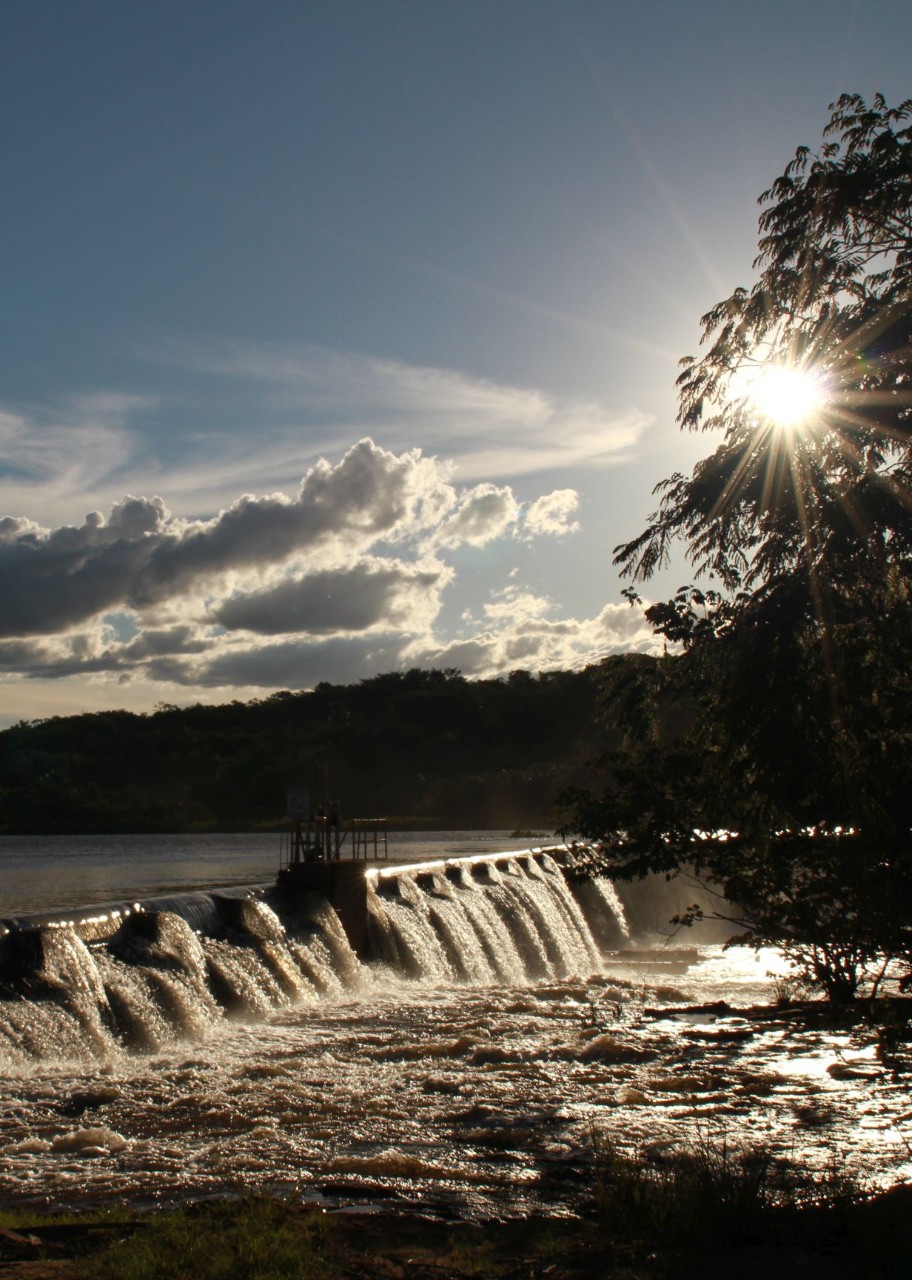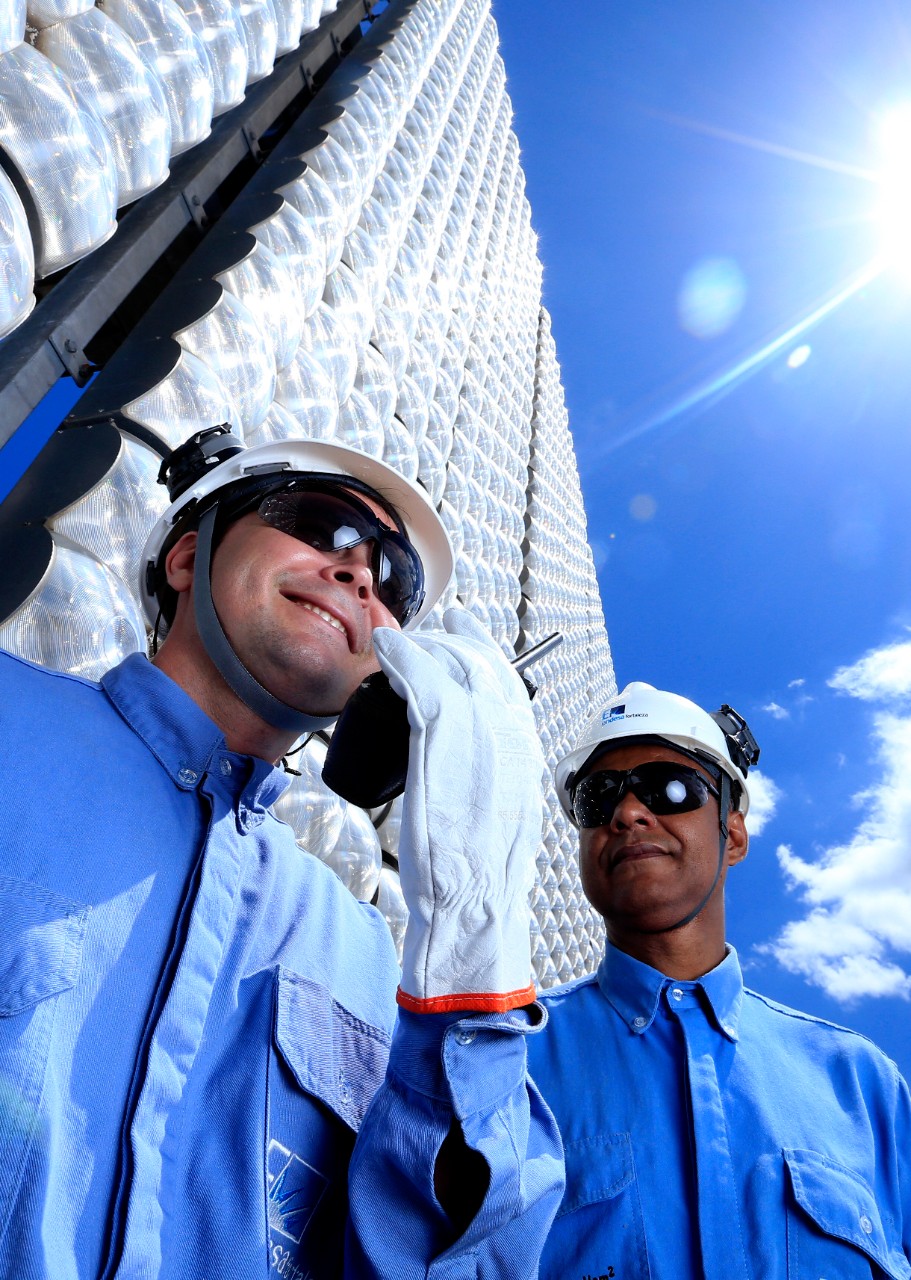We are the largest private company in the Brazilian energy sector and play a leading role in developing renewable energy sources in the country. We are present throughout the energy chain operating in generation, transmission and sales as well as energy solutions.
Through three distributors in the states of Rio de Janeiro, Ceará and São Paulo, we bring energy to around 15 million residential, commercial, industrial, rural and public sector customers.
In power generation, the company is also the largest operator of solar and wind energy in Brazil in terms of installed capacity, managing a total renewable capacity of more than 4.3 GW - more than 2.1 GW from wind source, about 1.2 GW from solar source and about 1.3 GW from hydro.
In trading, we buy and sell conventional and incentivised energy on the free market in several states. And in transmission we keep a strategic asset for the energy integration of Mercosur – a company responsible for converting and transmitting energy from Brazil to Argentina and vice-versa.
To continue playing a leading role in the energy world we also operate as an intelligent solution integrating company, connecting our residential and business customers to the technologies that are transforming the traditional energy sector – distributed generation, automation, energy storage and electric mobility, as well as other innovative solutions.
Holding Enel Brasil, a privately held company, controls activities of conventional generation, distribution, transmission, sales and energy solutions.
An innovative and sustainable company
Innovation and sustainability are the two mainstays of our vision. We believe that there is no way for a company to be sustainable without ongoing innovating, while we defend that innovation always need to have sustainability as its focus.
Therefore, in line with the Creating Shared Value (CSV) model adopted by the company worldwide, we aim to combine our business development with the needs of the Brazilian communities and we carry out several initiatives to enable the income generation, such as courses, workshops and other social projects.
In addition, we are explicitly committed to achieve four of the 17 UN Sustainable Development Goals (SDGs) that concern: access to affordable and clean energy, support for quality education, contributing to socio-economic development and the fight against climate change.





